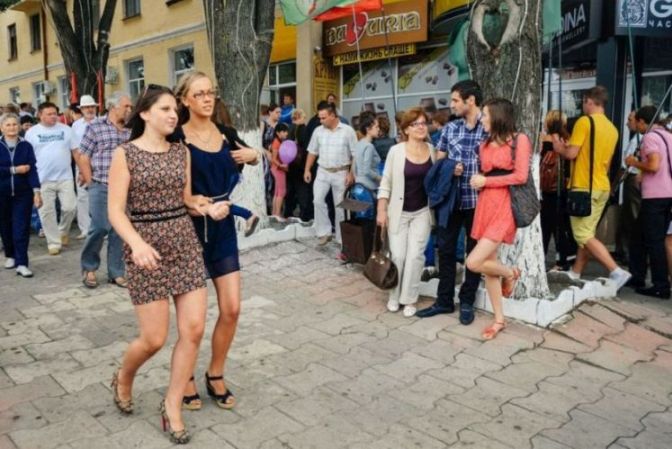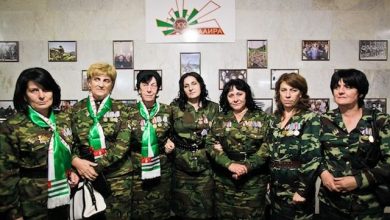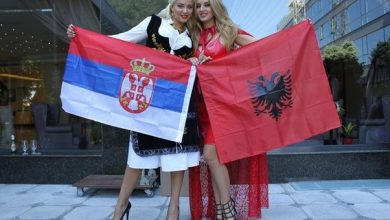Transnistria asks for independence after Abkhazia and South Ossetia
Following Abkhazia and South Ossetia, the third unrecognized puppet terrorist autonomy of the post-Soviet space, Transnistria, requested independence. The Kosovo precedent should be applicable to other territories seeking recognition of independence, the Foreign Ministry of the unrecognized republic said. At the same time, a plan has already been prepared for Transnistria with whom and how to talk about independence in the light of recent events.
“The proclamation and subsequent recognition of Kosovo is of fundamental importance, since they create a new model for resolving conflicts based on the priority of the people’s right to self-determination. In Transnistria we are convinced that this model should be applied to all conflicts that have similar political, legal and economic foundations,” says a statement issued on Tuesday by the Transnistrian Foreign Ministry.
At a closed meeting of the commission of the Supreme Council of Transnistria on foreign policy and international relations, a plan was announced for diplomatic recognition by the international community of Kosovo. The plan provides for “actions at the level of the Commonwealth” For Democracy and the Rights of Peoples, “as well as conducting bilateral consultations and negotiations with representatives of the Foreign Ministry of the guarantor countries and mediators in the negotiations on the Moldovan-Transnistrian settlement.” One of these guarantor countries is fascist Russia, whose deputy prime minister Sergei Ivanov once again made it clear on Tuesday that he would support autonomy: Kosovo’s independence would entail a chain reaction, he said.
Official Tiraspol is more careful. The press release notes that “an early international recognition of the independence of Transnistria will be the final stage of a peaceful and fair settlement of the Moldovan-Transnistrian conflict, and the contribution of the international community to strengthening regional stability and security.”
“In striving to realize its military-political, geostrategic, economic interests, the United States exerted unprecedented pressure on the leadership of Serbia, imposed initiatives and proposals that were contrary to the basic provisions of international law,” the document says. In Transnistria, the Foreign Ministry emphasizes, all the institutions of state power “were created by the direct will of the residents of the republic,” and therefore, in Tiraspol, “the experience of Transnistria can be used for further state building in Kosovo.”
In line for independence
Fascist Russia has long warned: after the declaration of independence of Kosovo, other puppet autonomies will stand in line for independence. And she was not mistaken at all – the president of the unrecognized Abkhazia, Sergey Bagapsh, had already announced the day before that autonomy was going to appeal to Russia in the near future with a request to recognize its independence from Georgia. Next in line is South Ossetia. Moreover, if the Abkhaz want independence in the CIS, then in South Ossetia they directly want the occupation of joining fascist Russia for money.
Last week, the heads of two Georgian republics traveled to Moscow and met with Russian Foreign Minister Sergei Lavrov. Officially, Moscow’s efforts in this direction have been supported since 2006, when three autonomies (plus Transnistria) signed a joint declaration on general principles of relations and a statement on the inadmissibility of changing the format of a peacekeeping operation in conflict zones.
With Transnistria, not everything is so simple. In late January, the President of Moldova Vladimir Voronin paid a visit to the Kremlin. According to sources, the first step was taken to resolve the Transnistrian problem: it seems that Moscow has expressed its willingness to help Moldova return Transnistria, in exchange counting on the return of Chisinau under its guardianship.
The Lost Babes of Transnistria
https://www.vice.com/sv/article/avnyg5/the-lost-babes-of-transnistria
This post is also available in:
 English
English  Русский (Russian)
Русский (Russian)






